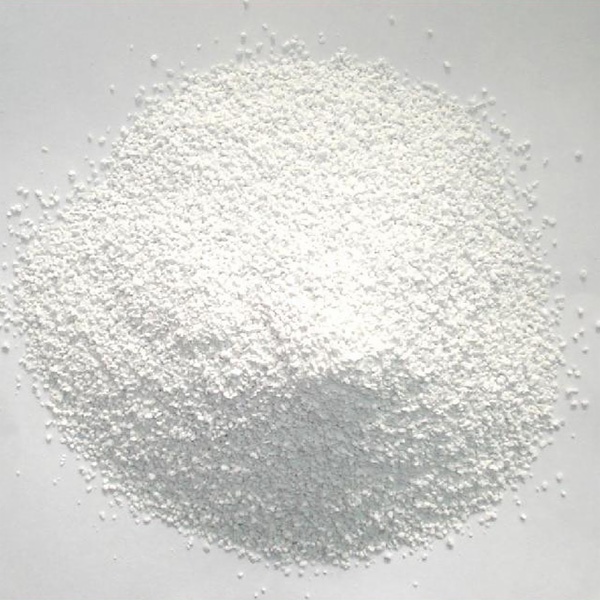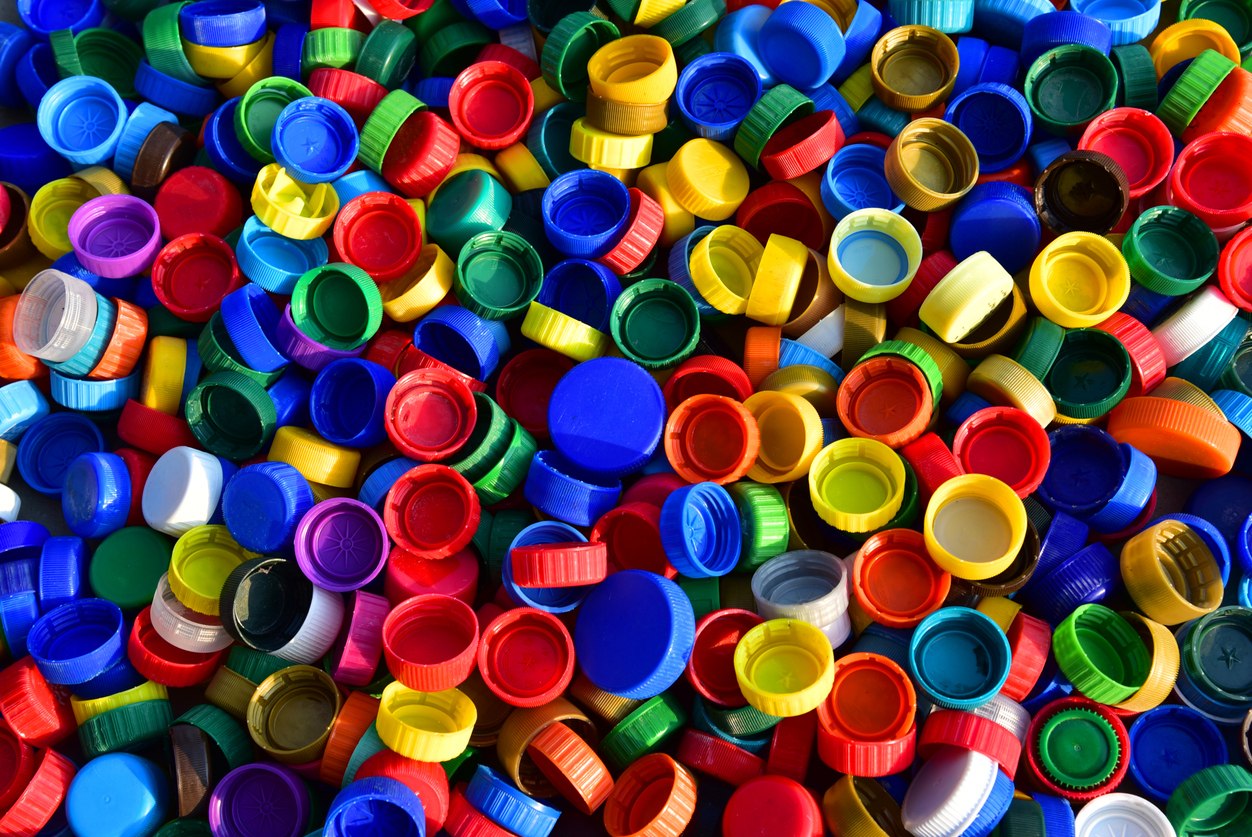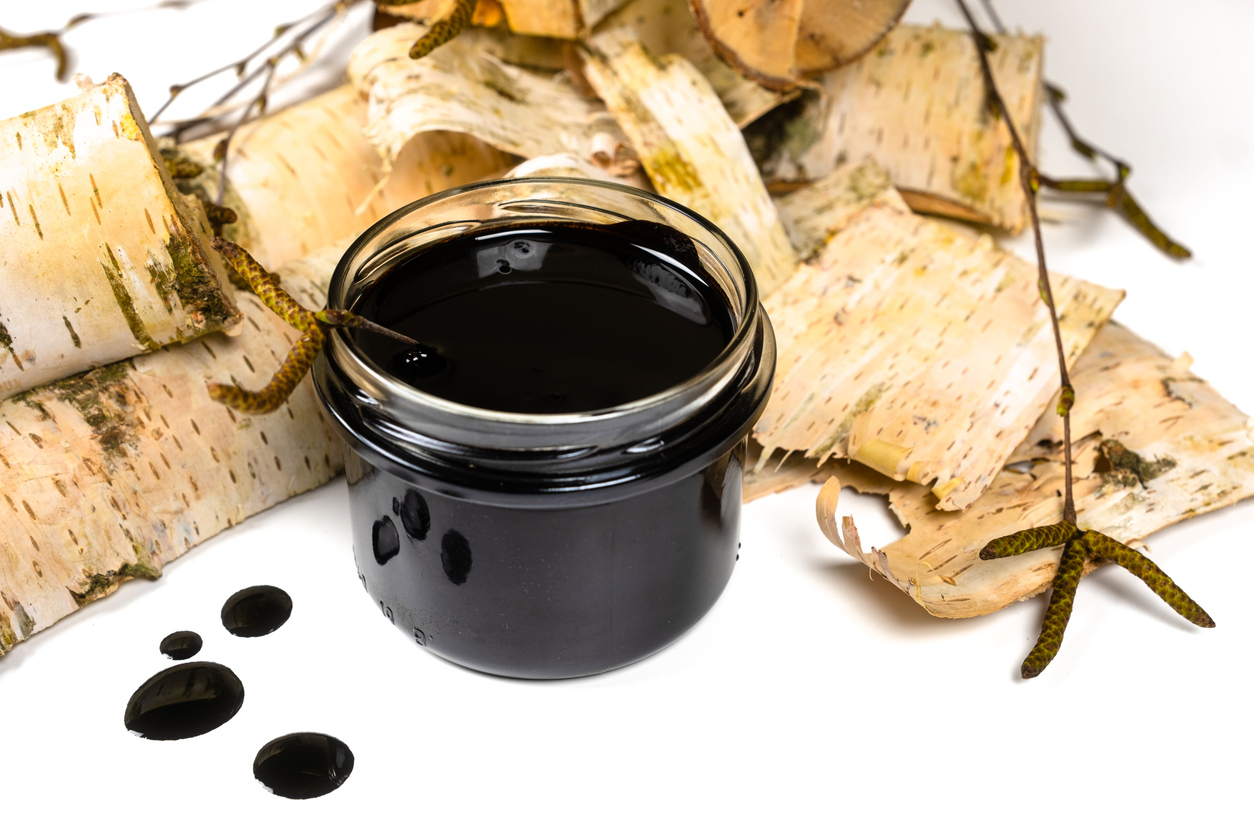Where to Buy Dicalcium Phosphate in Nigeria?
Where to Buy Dicalcium Phosphate in Nigeria?
Dicalcium phosphate is a common food additive that can be used for many different functions. It’s a useful substance to keep in stock as it has so many applications that almost every industry uses it. You may want to check the list of approved food additives before buying this product so you know which ones are safe for human consumption. The two main types of Dicalcium Phosphate are DCP and DCP-L. DCP-L is more soluble than regular DCP, and it’s usually used in acidic solutions because it dissolves better. This can make it easier to dissolve in sauces, but either version will work well in any recipe where you need a thickening agent with acidic properties. No matter what type you get, these are both non-GMO ingredients that won’t have any negative health effects if consumed regularly.
Where to Buy Dicalcium Phosphate in Nigeria?
You can buy DCP at any large hardware or chemical store in Nigeria. If you have a high-capacity industrial supplier in your area, they’ll probably have DCP as well. Prices will vary depending on the type you buy, but you’re likely to get a few kilos for less than 250 Naira. You can also order it online if it’s not available in your area. The best places to find DCP are at industrial suppliers and online. While you might find it at a few general food or hardware stores, you’re much more likely to find it at an industrial supplier. It’s also easy to buy it online, and you’ll often find it on sale at places like Amazon.
How is Dicalcium Phosphate made?
The process of making DCP is pretty straightforward. First, you start with phosphate ore. This is heated to very high temperatures in the presence of carbon to form calcium phosphate. The calcium phosphate is then purified, forming pure DCP. This is a very simple process and it doesn’t involve any dangerous chemicals. The final product is almost 100% pure DCP. There might be a small amount of impurities, but they won’t have any negative health effects. DCP is a safe and non-toxic substance that doesn’t require special handling or storage conditions.
Why is Dicalcium Phosphate used in food?
There are many good reasons to use DCP in food. It has a neutral pH, so it won’t affect the flavour of food, and it’s completely tasteless. It’s also acid resistant, which means it won’t break down when it comes in contact with acidic foods. This makes it perfect for things like ketchup, barbecue sauce, and salad dressings. It’s also effective at thickening those same kinds of sauces, and it does so without adding any extra calories. DCP is a useful additive to keep on hand for many different types of recipes. It’s often added to baking mixes to improve rising and leavening, and it also gives baked goods a nice sheen.
Dicalcium phosphate is found in some foods.
DCP is a common food additive, so it can be found in many different foods. In fact, it’s almost certainly used in some of your favourite foods already. Some common foods that contain DCP include processed cheese, processed foods, salad dressings, and ketchup. If you have a medical condition that requires a diet rich in calcium, you should also be careful because DCP is rich in calcium. It’s unlikely that you’ll consume a harmful amount, but it’s still important to be aware of the risks.
Dressing and condiment thickener.
DCP is a very effective thickener for dressings and condiments. It does the job quickly and it’s easy to dissolve in any acidic liquid. You can use it to thicken any type of salad dressing, and it’s a good choice for any acidic flavoured vinegar or hot sauce. You can also use DCP to thicken up any hot sauces you like. It’s a great addition to hot sauces, barbecue sauces, chutney, and ketchup. As long as the recipe calls for an acidic liquid, you can add DCP to thicken it up.
Baking and leavening agent.
If you love to bake, you can use DCP to improve the leavening of your baked goods. It’s commonly added to commercial baking mixes, and many home chefs will do the same. You can also replace some of the flour in your baking with DCP. This will give your baked goods a nice sheen and it’ll help prevent them from becoming too dense. Just like with thickening agents, you should be careful not to add too much DCP. The best way to use DCP in baking is to replace a small amount of the flour in your recipe with it. You might use one tablespoon of DCP for every cup of flour in a recipe, or you can use a different ratio if you prefer.
Decoration and colour agent.
DCP is also used to add decorative colour to baked goods and icing. It’s often used to tint icing and icing-covered treats bright white, but it can also be used to add colour. It’s especially common for commercial bakers to use DCP in decorations. DCP isn’t very soluble in water, so it’s not easy to get it to dissolve properly. However, you can use warm water to help it along. You can also add a bit of vinegar to help the DCP dissolve, and it’s easier to mix into the icing and decorations when it’s warm.
Coating agent.
DCP is also commonly used as a coating agent. It can be added to bread crumbs, flour, or other ingredients to help form a crispy coating when cooking. This is especially useful in things like fried chicken, where the coating forms a crispy crust. It’s also used to form a crispy crust on baked goods like donuts or pastries. You can also use DCP to coat nuts and other snacks. This is a great way to add some flavour to your favourite snacks, and it also helps prevent them from becoming soggy when you store them. You can use DCP to form a crisp coating on just about anything.
Other uses for Dicalcium Phosphate.
DCP is also used in some other industries, so it can be used for more than just cooking. It’s a common additive in paints and pigments, and it’s often used in fireworks and firecrackers due to its low cost. You can also use it to create a protective coating that prevents corrosion. This makes DCP a useful tool for many industries, and it’s a safe additive for every product that uses it. It’s always important to check the ingredients list before consuming a product to make sure it doesn’t contain any additives you don’t want. Even though DCP is safe, you might not want to consume it in large quantities. As long as you keep the amount reasonable, you should be fine.
Conclusion
Dicalcium phosphate is a useful food additive that can be used in many ways. It’s a common ingredient in many commercial foods and baking mixes, and it’s also used to make a variety of decorative coatings. You can find DCP in any industrial supplier or online store, and it’s a useful substance to keep on hand for many different recipes. If you want to improve your cooking skills, you can start by reading the ingredients list on the back of every product you buy. It might not be as simple as adding a pinch of this or a tablespoon of that, but understanding what each additive does can help you make better decisions in the kitchen. Now that you know what DCP is and how it’s used, you can add it to your favorite recipes. Whether you use it as a thickening agent or as a coating, it’s a very versatile food additive that can be used in almost any recipe.








LEAVE A COMMENT
You must be logged in to post a comment.